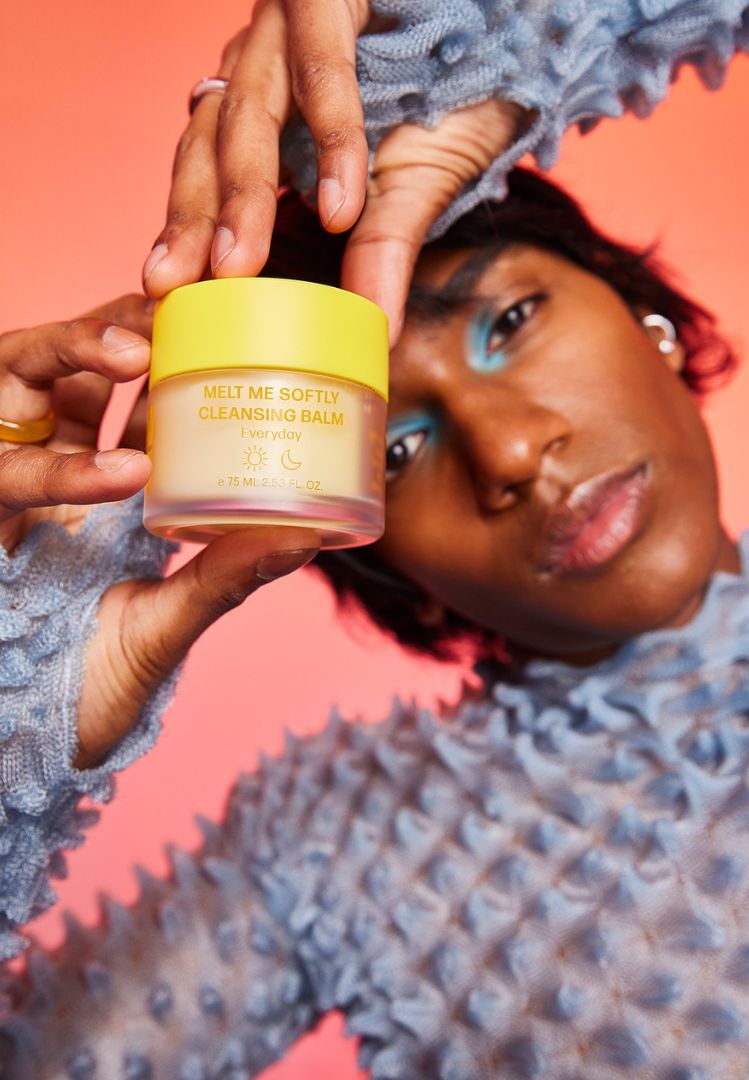What’s the deal with alcohol-free months and do they actually help?
Words by Sarah Noonan
I’m parched.
The season of good intentions that is the New Year period is well and truly coming to an end. Resolutions strong-armed by a brief, all or nothing attitude towards gym attendance, a surge in exercise and stark diet alterations have likely run their course. Dry Jan has passed, quickly followed by FebFast.
Initially spurred by the sincere motive of charitable awareness, alcohol-free months have since taken on a skewed purpose in the form of forced abstinence. Initiatives such as FebFast, Dry July, and Go Sober for October may seem virtuous in their scheme for fundraising, but these months can also have adverse outcomes.
Looking for some similarly thought-provoking reads? Subscribe here and we’ll send them straight to your inbox.
More often than not, those who participate in abstinent months don’t gain a greater understanding of their individual relationship with alcohol, nor is it likely to influence their consumption after the designated time of abstinence. If we’re being candid, the most common counter-response to a teetotal month is an overcompensation of alcohol intake when the clock runs out.
Similar to the effects of diet culture, where fasting and main food group substitutions are enforced, abstinent months can very well be at the expense of our health. This isn’t to say it’s inherently unhealthy to participate in alcohol-free days/weeks/months, but that when we restrict our bodies in these ways to an extreme extent, the consequences can be unfavourable.
With FebFast coming to a close, I think it’s time to consider the pros and cons of this long-established social tradition.
Abstinent months and their similarity to diet culture
The cultural effects of diet culture are undeniably rooted in our obsession with physical appearance. A sudden halt in consumption is not inherently beneficial to understanding of our relationship with food (or alcohol) and ultimately encourages an unrealistic approach to ‘healthy living’.
The ‘quick fix’ approach to health, in the form of a sudden and complete refrain from any kind of consumption, is not a practice health practitioners encourage. Better Health Victoria acknowledges that while ‘fad diets’ may offer short-term weight loss results, they essentially deprive your body of essential nutrients and prohibit the everyday foods that fuel us.
Of course, it’s true that for many, alcohol-free initiatives are often a trigger to pursue a healthier lifestyle. Many studies support the notion that refraining from alcohol has positive results on blood pressure and liver health. However, the growing popularity of these initiatives raises the concern that we as a population might be misinformed about general health and nutrition practices.
In many ways, it’s an easy option to cut out the substances we see as unhealthy for our bodies, such as alcohol, rather than adopting a conscious and considered approach to the way we abuse them. Many of us fall into the trap of alcohol-free months, believing that this 30-day stint away from booze nullifies the effects of heavy consumption for the rest of the year.
Abstaining from alcohol for an entire month is no easy task for some of us
For many people, the goal of abstaining from alcohol for an entire month is simply unachievable. One of the most prominent issues with alcohol is that it is heavily embedded into our everyday lives. Avoiding it is such a difficult task, it takes a monumental event such as Dry Jan for many to even consider refraining.
Personally, alcohol is one of my most frequent means of socialising. I love being able to rendezvous with friends at a pub or a bar and have a yarn over an ice-cold beverage. While I’m aware there are other ways to fulfill my innate need to socialise, it’s undoubtedly the avenue I enjoy most.
I’ve attempted teetotalism before, and by no means is it an easy feat. In my efforts, I never managed to make it more than a few days without a cheeky drink – let alone weeks – and each time I’d feel like a complete failure when I would succumb to defeat.
In repeatedly pursuing these temporary commitments to sobriety, I’m essentially setting myself up for consistent failure. It took me a long time to finally move past the guilt and disappointed inner monologue that followed each failure to succeed in a seemingly simple challenge.
I eventually conceded to the reality that I’m in the prime of my young adulthood. Socialising via drinking is part of my weekly routine. Why should I feel guilty for failing at a goal that, in my current life, is simply unachievable?
Additionally, those with particularly unhealthy relationships with alcohol can’t just dive into a month-long commitment to sobriety without severe repercussions. The withdrawal alone, on top of the potential mental health effects, is a serious hurdle that’s not often taken into account.
So, why are we still participating in alcohol-free months?
Of course, months spent sans-alcohol aren’t unachievable for everyone. In the same way that one diet doesn’t suit all, every individual’s situation determines whether they’ll be able to succeed at this kind of abstinence. For some a month will be a walk in the park, while for others it’ll be a slow progression.
The form and appropriateness of abstinence months should lie in the individual goals of the participant. If alcohol-free months are an attempt at better health, health in its entirety should be considered. There is never a quick, easy, ‘magic bullet’ approach to improving your health. And while there are benefits to weaning off booze, like most lifestyle practices, alcohol consumption can hold an intrinsic link to our emotional state.
There are strong internal reasons why we reach for a drink after a long day at work, or after a stressful week of exam prep. When we have no alternate coping mechanisms, we set unrealistic goals in committing to time away from the very thing that brings us pleasure and comfort.
Monitoring our consumption habits can achieve the same results we seek from alcohol-free months. Knowing how much we drink and why, and taking alcohol-free days rather than weeks will in itself spawn a greater understanding of our relationship with alcohol.
Significant changes to our everyday routines require a concerted effort with considered measures. And a month-off approach to responsible drinking isn’t likely to be the saving grace for everyone. It sure isn’t for me.
*This article and the resources we’ve linked are not and do not replace medical advice. If you think you may be dependent on alcohol, please seek professional advice. It may be dangerous to quit suddenly without medical care.










